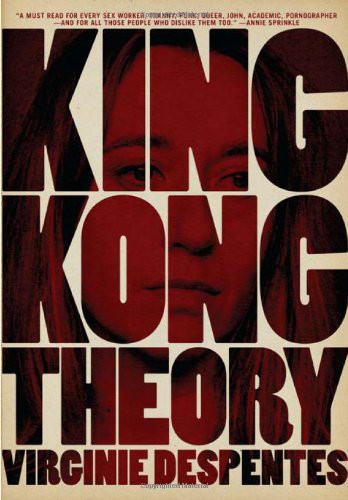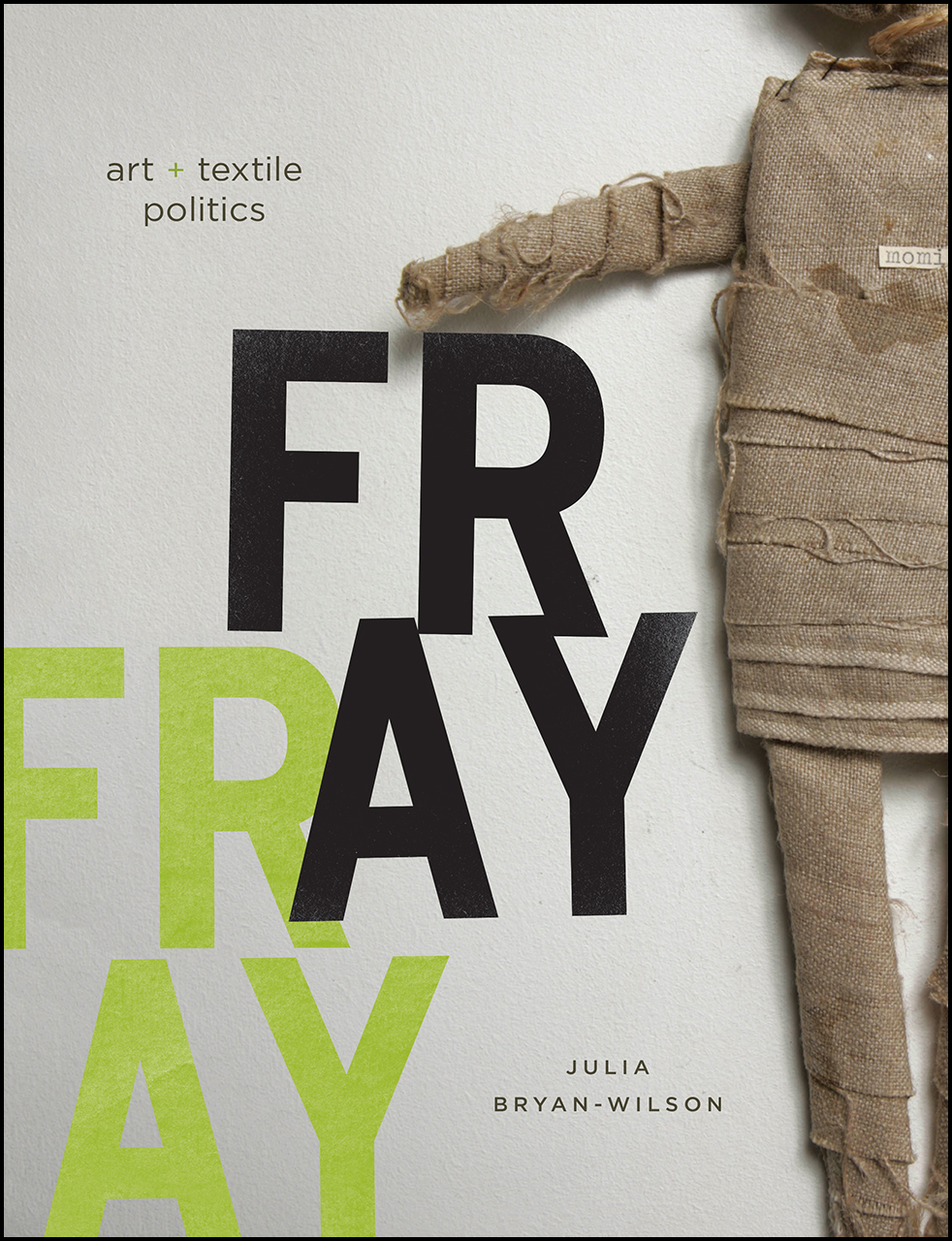Judy Wajcman: TechnoFeminism (2004–) [EN, ES]
Filed under book | Tags: · cyberfeminism, cyberspace, cyborg, feminism, gender, sexuality, sociology, technology, technoscience, women

“This timely and engaging book argues that technoscientific advances are radically transforming the woman-machine relationship. However, it is feminist politics rather than the technologies themselves that make the difference. TechnoFeminism fuses the visionary insights of cyberfeminism with a materialist analysis of the sexual politics of technology.”
Publisher Polity Press, 2004
ISBN 9780745630441, 0745630448
viii+148 pages
Reviews: Martha McCaughey (American Journal of Sociology, 2006), Lucy Suchman (Social Studies of Science, 2006), Rosalind Gill (Science as Culture, 2005), Sarah M. Brown (NWSA Journal, 2007), Eva Patricia Gil (UOC Papers, 2007, Spanish), Isabel Clúa (n.d., Spanish).
Wikipedia (EN)
Publisher (EN)
WorldCat (EN)
TechnoFeminism (English, 30 MB)
El tecnofeminismo (Spanish, trans. Magalí Martínez Solimán, 2006, via)
See also Wajcman’s Feminism Confronts Technology, 1991.
Comment (0)Virginie Despentes: King Kong Theory (2006–) [FR, ES, IT, EN, BR-PT]
Filed under book | Tags: · feminism, gender, pornography, prostitution, rape, sex, sexuality

“With humor, rage, and confessional detail, Virginie Despentes—in her own words “more King Kong than Kate Moss”—delivers a highly charged account of women’s lives today. She explodes common attitudes about sex and gender, and shows how modern beauty myths are ripe for rebelling against. Using her own experiences of rape, prostitution, and working in the porn industry as a jumping-off point, she makes the bold, stinging point that when it comes to sex today, everyone’s getting screwed.”
First published in French as King Kong théorie, Grasset, 2006.
English edition
Translated by Stéphanie Benson
Publisher The Feminist Press, City University of New York, New York, 2010
ISBN 9781558616578, 1558616578
143 pages
Review: Rebecca Seal (The Guardian, 2009).
King Kong théorie (French, 2006, EPUB, PDF, added on 2020-6-3)
Teoría King Kong (Spanish, trans. Beatriz Preciado, 2007)
King Kong Girl (Italian, trans. Camilla Testi, 2007, added on 2020-6-3)
King Kong Theory (English, trans. Stéphanie Benson, 2010, HTML)
King Kong Girl (BR-Portuguese, trans. Marcia Bechara, 2016, added on 2020-6-3)
Julia Bryan-Wilson: Fray: Art and Textile Politics (2017)
Filed under book | Tags: · activism, aids, art, art criticism, art history, craft, feminism, fiberwork, folk art, gender, handmaking, labour, politics, queer, quilting, race, textile, textile design, weaving

“In 1974, women in a feminist consciousness-raising group in Eugene, Oregon, formed a mock organization called the Ladies Sewing Circle and Terrorist Society. Emblazoning its logo onto t-shirts, the group wryly envisioned female collective textile making as a practice that could upend conventions, threaten state structures, and wreak political havoc. Elaborating on this example as a prehistory to the more recent phenomenon of “craftivism”—the politics and social practices associated with handmaking—Fray explores textiles and their role at the forefront of debates about process, materiality, gender, and race in times of economic upheaval.
Closely examining how amateurs and fine artists in the United States and Chile turned to sewing, braiding, knotting, and quilting amid the rise of global manufacturing, Julia Bryan-Wilson argues that textiles unravel the high/low divide and urges us to think flexibly about what the politics of textiles might be. Her case studies from the 1970s through the 1990s—including the improvised costumes of the theater troupe the Cockettes, the braided rag rugs of US artist Harmony Hammond, the thread-based sculptures of Chilean artist Cecilia Vicuña, the small hand-sewn tapestries depicting Pinochet’s torture, and the NAMES Project AIDS Memorial Quilt—are often taken as evidence of the inherently progressive nature of handcrafted textiles. Fray, however, shows that such methods are recruited to often ambivalent ends, leaving textiles very much “in the fray” of debates about feminized labor, protest cultures, and queer identities; the malleability of cloth and fiber means that textiles can be activated, or stretched, in many ideological directions.
The first contemporary art history book to discuss both fine art and amateur registers of handmaking at such an expansive scale, Fray unveils crucial insights into how textiles inhabit the broad space between artistic and political poles—high and low, untrained and highly skilled, conformist and disobedient, craft and art.”
Publisher University of Chicago Press, 2017
ISBN 9780226077819, 0226077810
326 pages
via slowrotation
Reviews: Holland Cotter (New York Times, 2017), Barbara Wisnoski (J Canadian Art History, 2018), Alexa Griffith Winton (J Design History, 2019), Janis Jefferies (Art Bulletin, 2019), Elizabeth S. Hawley (Winterthur Portfolio, 2019), Jayme Collins (InVisible Culture, 2019), Jason Edwards (Sculpture J, 2019), Katarzyna Falęcka (J Visual Culture, 2021).
Video interview with author (with Lynne Cooke, NGA, 60 min, 2017)
PDF (18 MB)
Comment (0)
